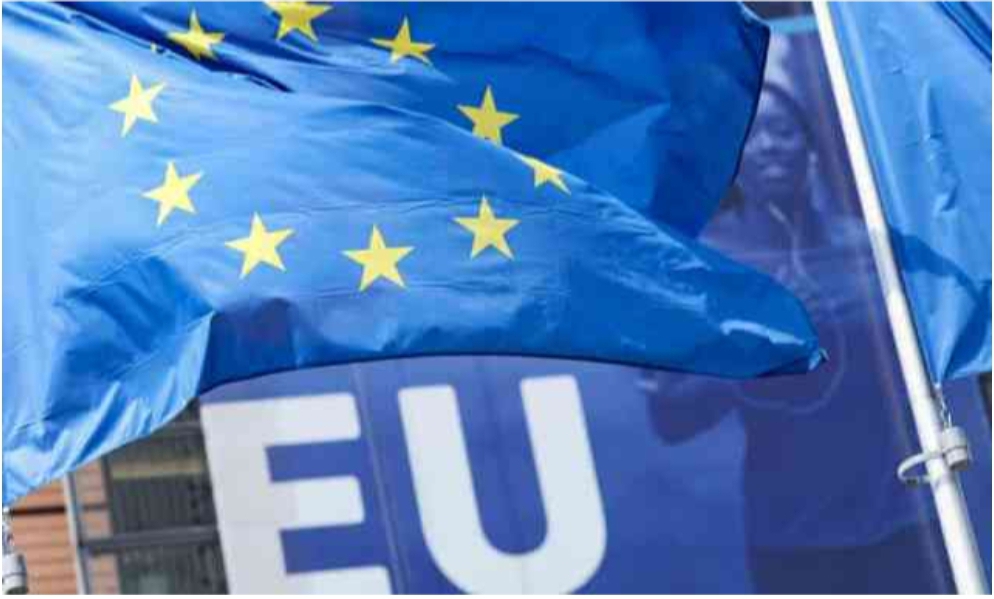European Union (EU) leaders are to turn to the bloc’s inflation-hit economy on Friday, the second leg of a two-day summit in Brussels that already saw Ukraine and Moldova granted official status as candidates for EU membership.
The seminal move, considered a “historic decision” by European Commission President Ursula von der Leyen on Thursday evening, comes after months of lobbying from war-torn Ukraine and neighbouring Moldova.
But the wider economic consequences of Russia’s invasion of Ukraine will prevent EU leaders from dwelling on the decision taken on Thursday.
Inflation is running at a record high of 8.1. per cent in the euro area against the backdrop of the Ukraine war – driven by spiking energy costs and rising food prices – according to the latest reports from Eurostat, the EU stats agency.
The president of the European Central Bank (ECB), Christine Lagarde, is to join leaders for a discussion on how to tackle the growing problem, with energy price caps expected to be raised by some countries.
The ECB has already announced that in July it will raise interest rates for the first time in over a decade in a bid to halt the unprecedented rates of inflation.
Turning to issues not related to Russia, EU leaders are expected to endorse Croatia’s use of the common euro currency from 2023, and discuss how the bloc’s banking system can be made more crisis-proof.
The summit is expected to end on Friday afternoon.
dpa


